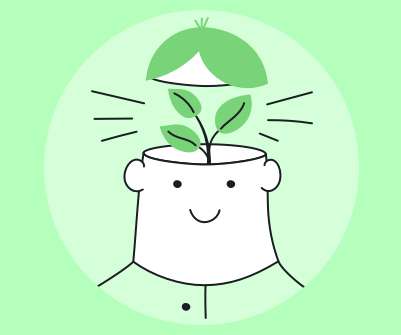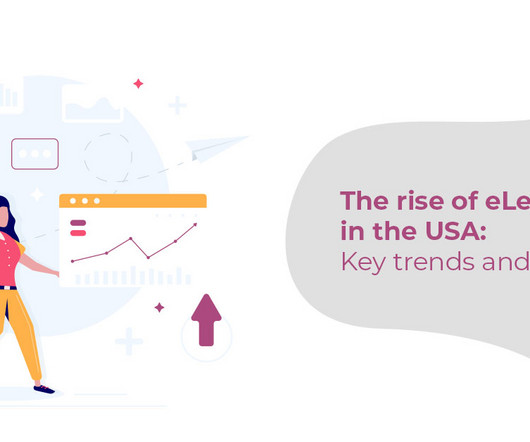Cognitive Bias: When Our Brain Plays Tricks On Us
KnowledgeOne
JULY 14, 2020
We are all quite familiar with the phenomenon of optical illusions, but less so with the phenomenon of cognitive biases. These mental shortcuts that allow the brain to simplify information processing are inevitable, but we can learn to detect them better, starting with a better knowledge of them. In your brain. of judgment.





































Let's personalize your content